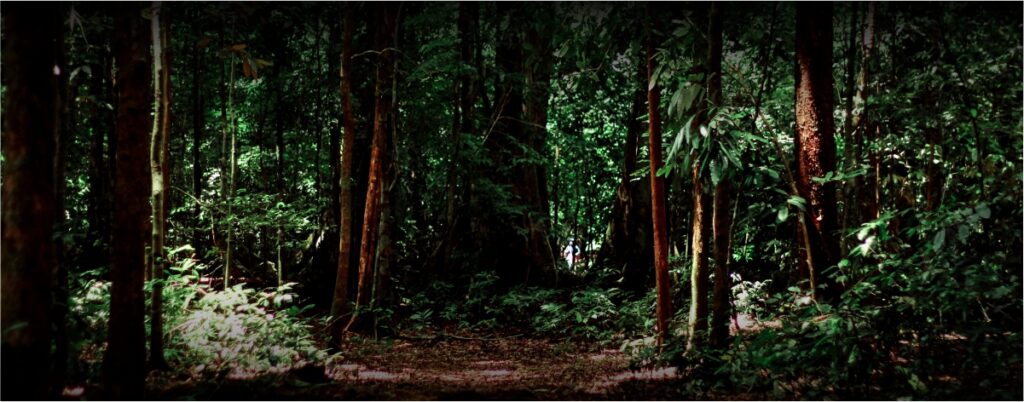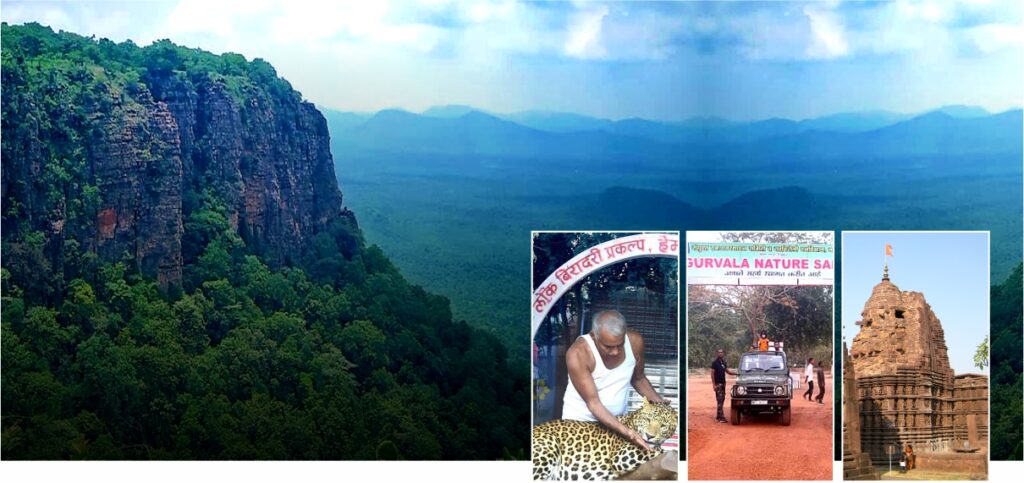From the CPO's Desk
Bamboo for a Green Economy

‘You (farmers) grow bamboo, I will give you a market’ urges Shri Nitin ji Gadkari, Union Minister for Road Transport and Highways, Govt of India, an enthusiast and flag-bearer of innovative use of Bamboo, himself. Considering the multifarious use of bamboo, including as a structural material, promoting cultivation of and entrepreneurial activities around raw bamboo has incredible potential, and hence, makes it a viable and sustainable resource to boost rural economy.
The area under bamboo cultivation in India is estimated to be more than 13.96 million hectares with more than 136 distinct species, according to National Bamboo Mission (NBM). Cultivation of Bamboo will certainly ensure a return of over INR 40,000/- per acre / year, which is thrice as lucrative compared to many other agriculture crops being cultivated. In fact, the average return per acre in farming is less than INR 10,000/- per season with many problems and uncertainly in the realizable income.
Ensuring Bamboo is grown in large scale, we also need to understand that, science behind the cultivation of bamboo is equally, if not more, important than the art and craft of it, post-harvest. Bamboo can be grown in a wide variety of soil and climatic conditions and Bamboo flourishes in valleys, on the lower slopes of hills, and in the vicinity of streams, rivers, ponds, and other water bodies. Generally, rainfall promotes the growth of bamboo however, a combined effect of high temperature and rainfall promotes the growth. And multiple climatic zones in our country is conducive to the growth of bamboo. Except rocky soil, Bamboo shoots can be planted and grown in a range of soil types, including degraded soil.
Bamboo is typically propagated through culms, cuttings, or rhizomes. Bamboo seedlings are raised on nursery beds and then allowed to grow in poly pots for up to a year. Some of these methods ensure a good survival percentage. Establishing a bamboo nursery in a suitable place close to the plantation area is good for starting large-scale bamboo plantation. However, nurseries can be established at different scales of production and activity, and also depending on its objectives. Bamboo nursery sites should be well-drained along with facilities for irrigation, composting, potting shed, seed germination beds, and rhizome propagating area. Scientific harvesting of bamboo is another important aspect to ensure better income and sustainability.
The recent thrust in the large-scale cultivation of bamboo is now evident and has been in the forefront. The restructured National Bamboo Mission (2018) envisages to promote holistic growth of bamboo sector by adopting area-based, regionally differentiated strategy and to increase the area under bamboo cultivation and marketing. NBM has also identified industrially important species such as; Bambusa tulda , B. bambos , B. balcooa, B. nutans, Dendrocalamus hamiltonii, etc. for extensive plantation on non-forest land. Similarly, Maharashtra Bamboo Development Board (MBDB), established in 2016 (having its headquarters at Nagpur), with a mandate to oversee the plantation of bamboo in the state, with larger emphasis on plantation on farm lands and supplement farm income. MBDB launched the Atal Bamboo Samridhi Yojna in 2019 to boost the economic security to farmers through end to end support in bamboo cultivation in the state. The Maharashtra state government has also promoted bamboo cultivation under the Mahatma Gandhi National Rural Employment Guarantee Scheme (MGNREGA) and appealed farmers to come forward for bamboo cultivation.

Bamboo Plantation at Kondawahi (Gadchiroli
Area: 2.5 Hector, Duration : August 2019
STRC is mandated to promote extensive bamboo plantation in the region as a sustainable resource development approach. STRC is engaged in creating a decentralized entrepreneurial eco-system with an artisan / farmer centric approach to boost the local economy and envisages to curate specialized skill development program in craft and structural application of bamboo.
As an experiment in 2019, STRC initiated bamboo plantation on a barren piece of CFR land and managed to successfully sustain a healthy plantation through a public private partnership model in Gadchiroli and believes that such models can be replicated across the district. This year, STRC is introducing a specialized skill course i.e.; Bamboo Grower, under the Maharashtra State Skill Development Society (MSSDS), skill development scheme to create a cadre of trained human resource to be engaged in nursery development and extensive bamboo plantation activities.






